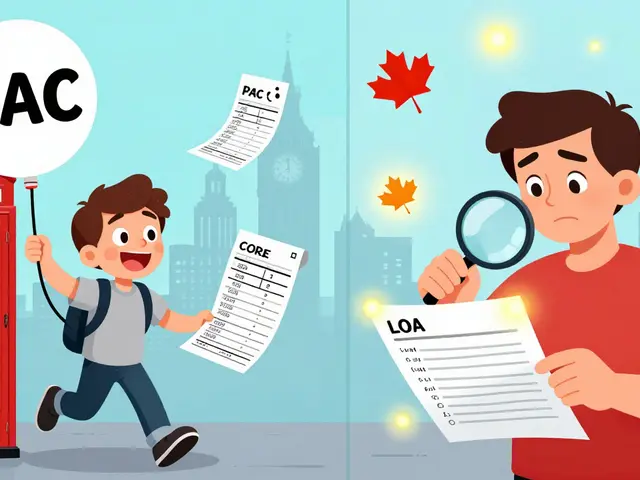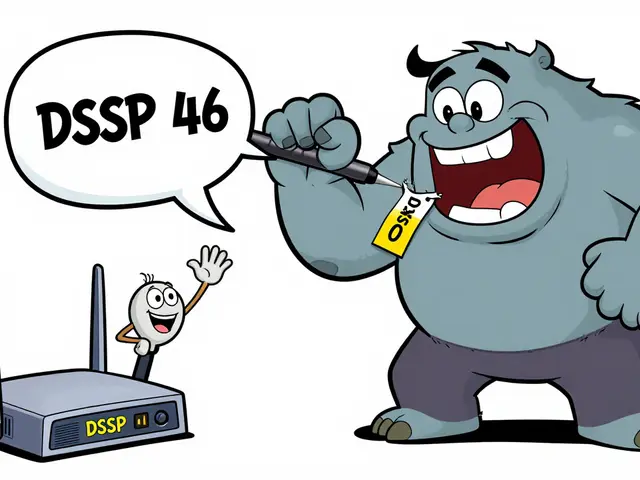Landline Reliability: Why VoIP Is Replacing Traditional Phone Lines
When it comes to landline reliability, a traditional telephone system that uses physical copper wires to transmit voice signals. Also known as PSTN, it used to be the gold standard for clear, always-on communication. But today, that reliability is more of a memory than a promise. Landlines don’t work during power outages, they can’t be used remotely, and repairing a broken line often means waiting days for a technician. Meanwhile, VoIP, a technology that sends voice calls over the internet instead of copper wires. Also known as internet phone service, it turns your home or office network into a phone system—no wires, no limits.
Here’s the real issue: landline reliability doesn’t mean what it used to. Sure, your old phone still rings when the power’s out—but only because it runs on the phone line’s own power. That’s not reliability, it’s a relic. Modern VoIP call quality, the clarity and consistency of voice calls delivered over IP networks. Also known as internet voice service, it beats landlines in every measurable way: HD audio, fewer dropped calls, and built-in redundancy through Wi-Fi or mobile backups. And when your business needs to scale, landlines require new lines and new hardware. VoIP? Just add a user in your dashboard. No electrician needed.
Think about this: if your phone system can’t work while you’re traveling, working from home, or during a storm, is it really reliable? Landlines tie you to one location. VoIP lets you answer calls on your phone, tablet, or laptop from anywhere in the world. Companies using internet phone system, a digital communication system that uses broadband connections to handle voice, video, and messaging. Also known as cloud phone system, it report fewer missed calls, lower bills, and happier teams. Even small businesses are ditching landlines because VoIP gives them enterprise-grade features without the enterprise price tag.
So why do people still cling to landlines? Habit. Fear of change. Or maybe they’ve never tried a good VoIP provider. But the data doesn’t lie: over 90% of new business phone installations in 2024 are VoIP. Landlines are becoming like fax machines—still around, but only because someone refuses to let go. If you’re still paying for a landline because you think it’s more reliable, you’re not saving money—you’re paying for a system that can’t keep up with how you work today.
Below, you’ll find real-world guides on how VoIP outperforms landlines in every scenario—from international calls to emergency readiness, from call center scaling to HIPAA compliance. No theory. No fluff. Just what works, what doesn’t, and why the old way is fading fast.
In 2025, VoIP outperforms landlines in flexibility and future-proofing-especially with backup power and failover. Landlines still win during power outages, but they're being phased out. Here's what actually works best for your business.
Choosing between VoIP and landline phones for seniors comes down to reliability vs. scam protection. Landlines work during power outages and connect 911 instantly. VoIP blocks robocalls but needs internet and setup. Here's what works best for older adults in 2025.







